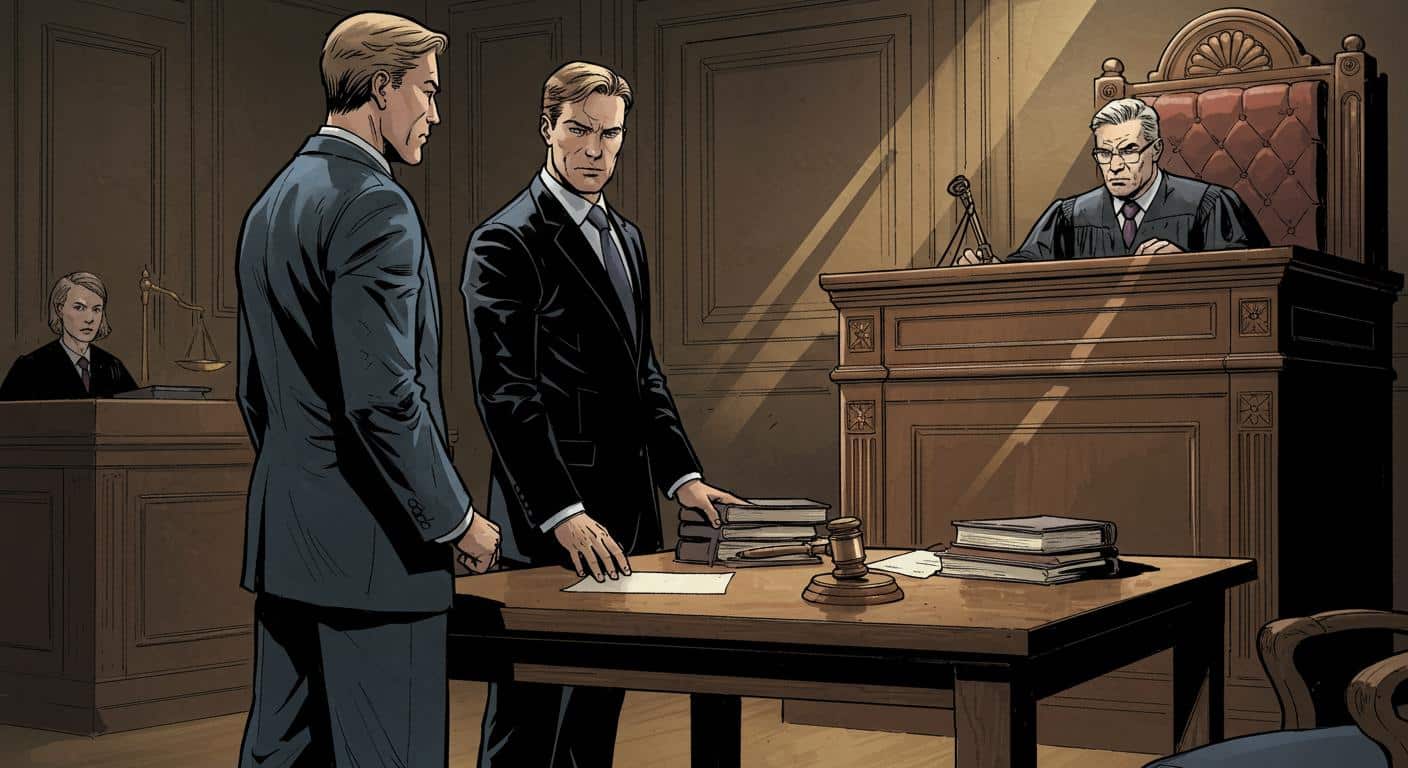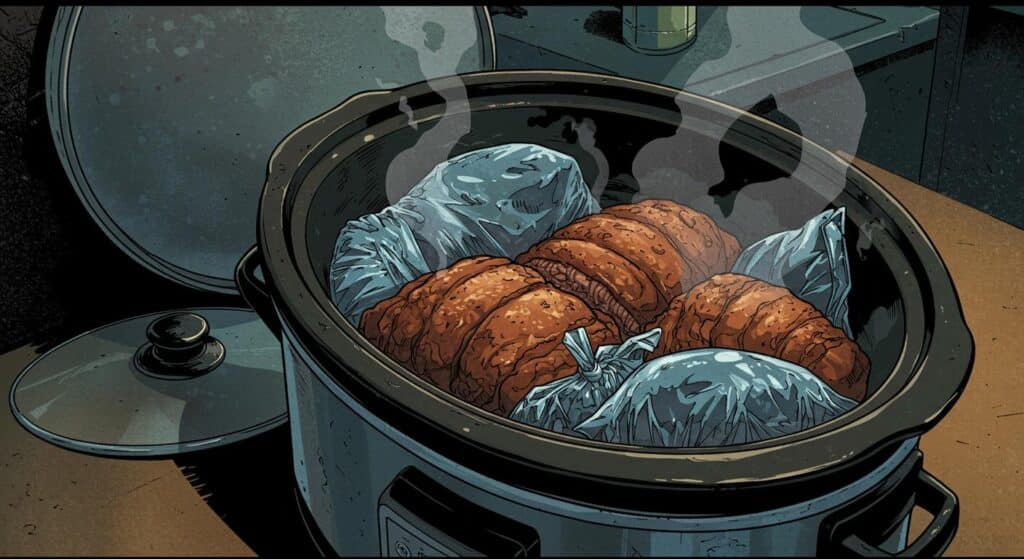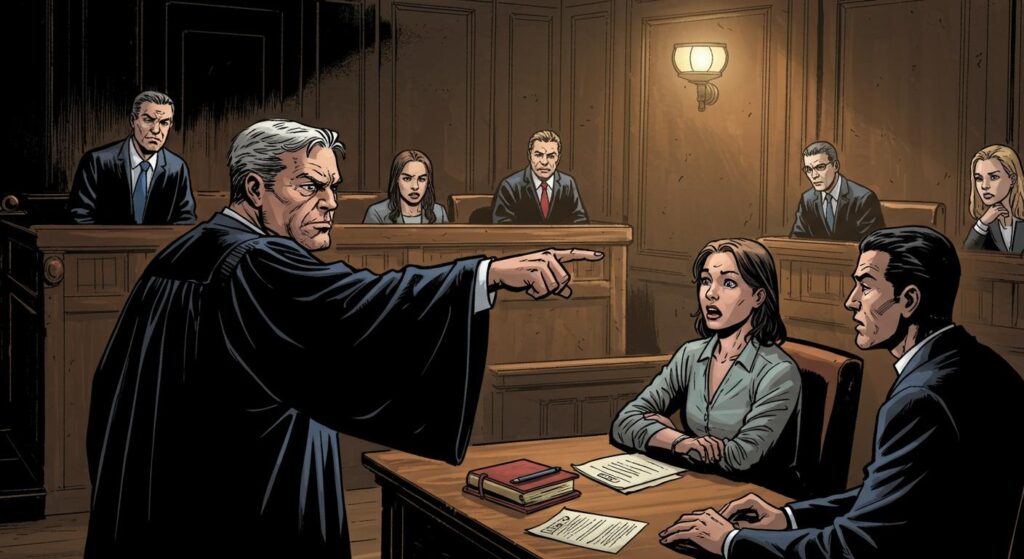Well, just when you think you’ve catalogued all the peculiar ways a high-profile trial can go sideways, the universe nudges the bar a bit higher. The latest curveball, as detailed in Variety’s summary of courtroom happenings: defense lawyers in Sean “Diddy” Combs’ ongoing sex trafficking trial have explicitly agreed not to invoke the topic of Iran—or, by extension, global politics—in their closing arguments.
That’s right. Whatever else happens when the prosecution and defense make their final cases to the jury later this week, we can rest assured that the escalating conflict with Iran will remain, at least during this brief interval, entirely beside the point.
When International Affairs Meet Baby Oil
According to Variety, the origins of this prohibition are almost as strange as the rule itself. TMZ reportedly set the whole thing in motion by claiming the defense’s possible plan was to weave the current Iran situation into their final pitch—to argue, in effect, that Homeland Security Investigations ought to focus less on what Diddy was (allegedly) doing with baby oil and lube, and more on America’s international headaches. Not a subtle shift of focus, but certainly imaginative.
In preparation for closing arguments, Variety reports that prosecutor Maurene Comey made it clear to the judge she would object if the defense steered the argument toward the “propriety of this prosecution,” government priorities, or anything remotely geopolitical. Described in the same piece, Combs’ legal counsel Marc Agnifilo quickly assured the court there was nothing to worry about: “Nothing to worry about, judge,” closing that conversational loop before it could unravel any further.
It’s the sort of exchange that feels ridiculous until you remember just how odd things can get when celebrity, criminal prosecution, and politics collide. Did we need a formal ruling barring references to Iran in a sex trafficking case? Apparently, someone thought we might.
Summing Up: Short and (Unintentionally) Surreal
Variety also notes that after the prosecution called 34 witnesses across 30 days, Combs’ lawyers presented his case in less than 30 minutes—no defense witnesses, no testimony from Combs himself. Attorney Alexandra Shapiro argued for a full acquittal on all five counts, stating that the government’s evidence was insufficient on charges that included sex trafficking, racketeering, and transportation for prostitution. Rather than testify, Combs stood up to address the judge, reportedly thanking Judge Arun Subramanian for “doing an excellent job,” a gesture the judge accepted with a chuckle.
As the outlet documents, the jury is expected to deliver a verdict before July 4. If convicted, Combs could face life in prison.
The Odd Limits of Imagination
It’s not every day you see a legal team contemplate linking a client’s misdeeds—or the government’s pursuit thereof—with the mood in the Strait of Hormuz. There are times when legal strategy seems to leap straight out of a satirical novel. Yet, given how thoroughly this trial has mashed up celebrity, federal resources, and outsized tabloid attention, maybe it was inevitable.
One has to wonder: Was this genuinely a defense idea, floated and withdrawn—or a quirkily persistent rumor that took on a (brief) legal reality because of a TMZ headline? The answer sits somewhere on that ever-crowded border between “truth is stranger than fiction” and “nobody honestly knows anymore.”
Amid all the drama, at least we can appreciate the rare neatness with which this story ties its own absurd loose ends. The court moves ahead, the verdict looms, and Iran remains, mercifully, a no-fly zone for closing arguments—proving that in a courtroom, as elsewhere, there are limits to even the wildest digressions. Or are there?







